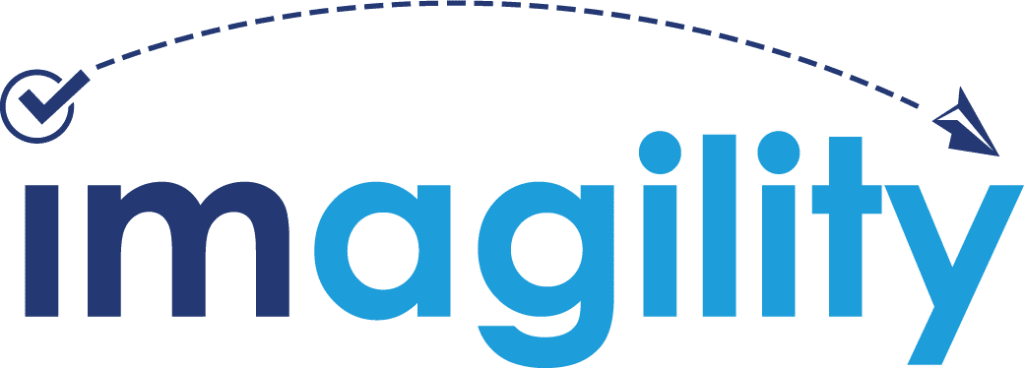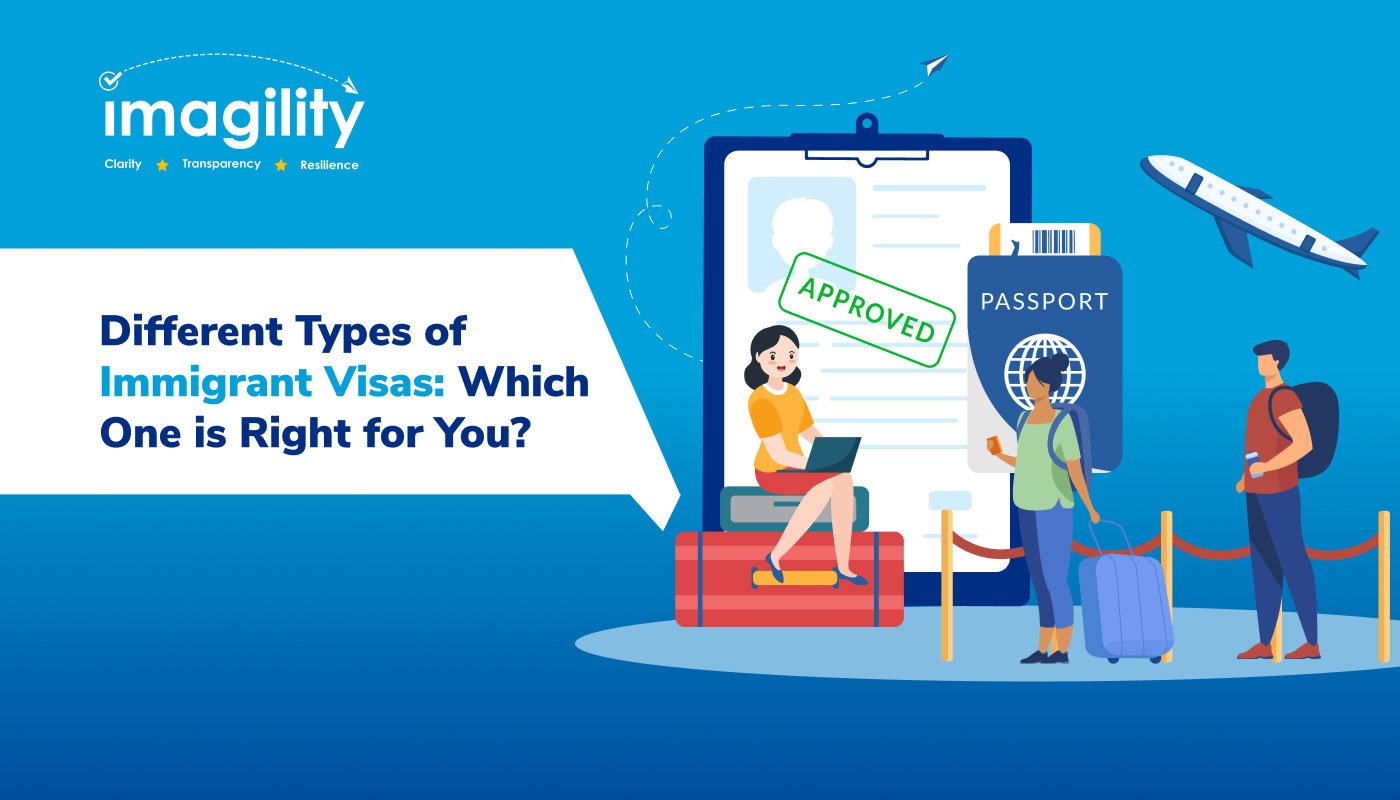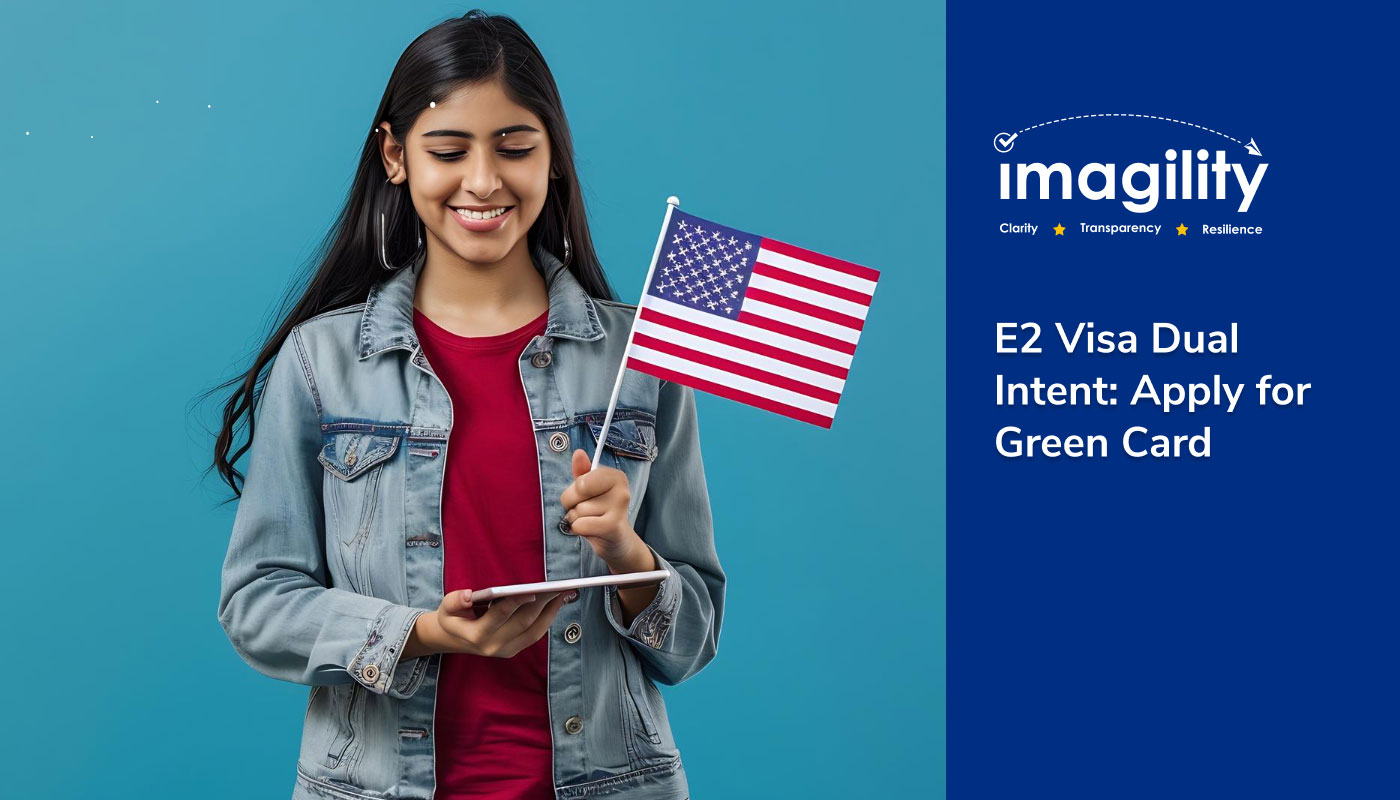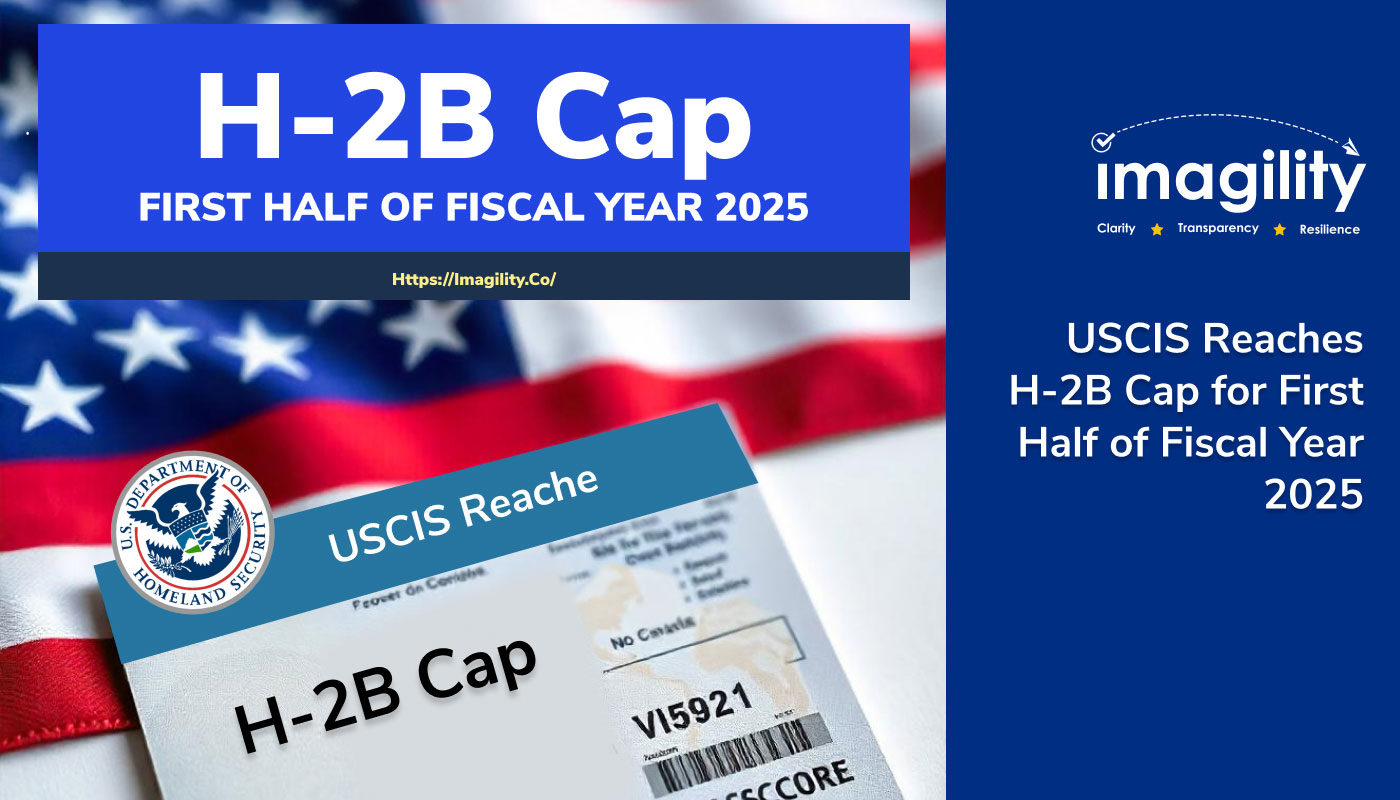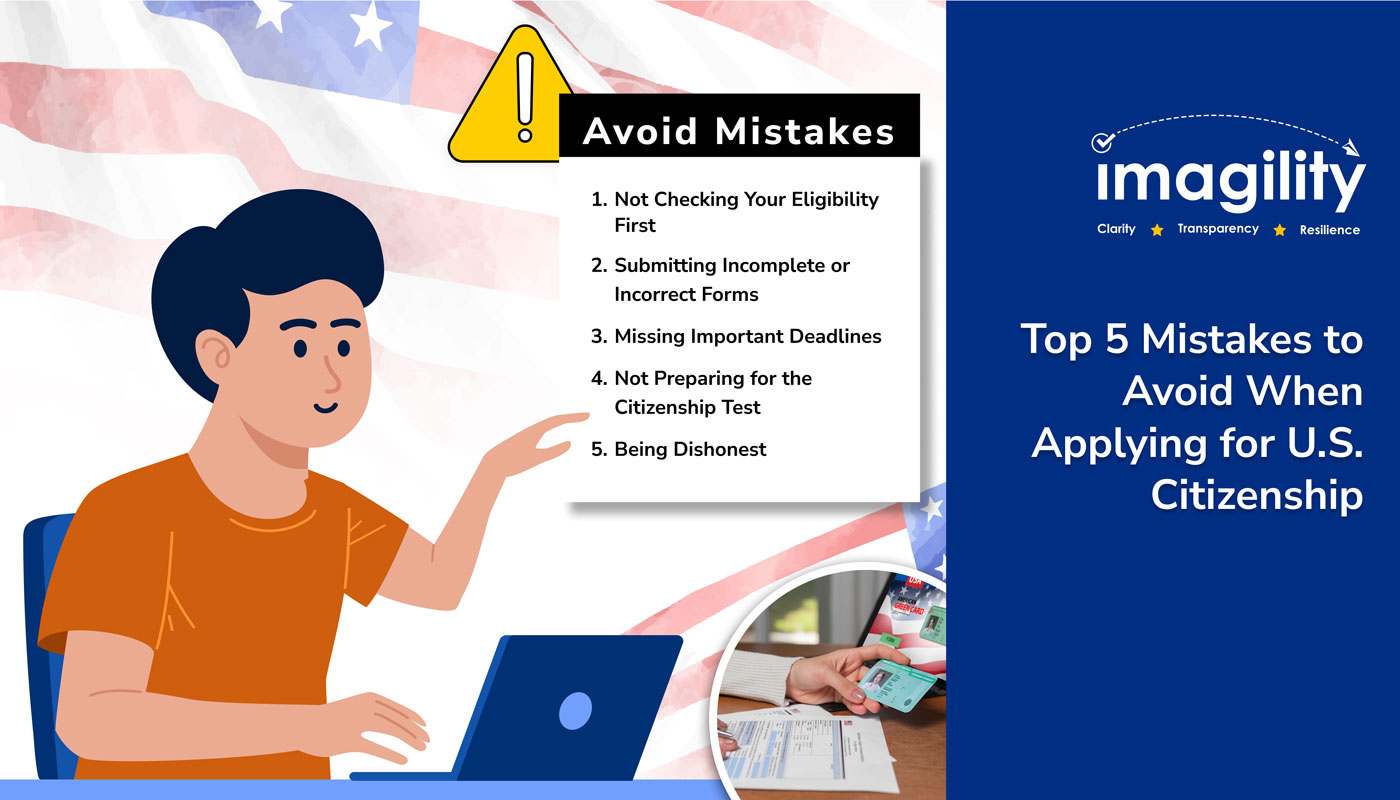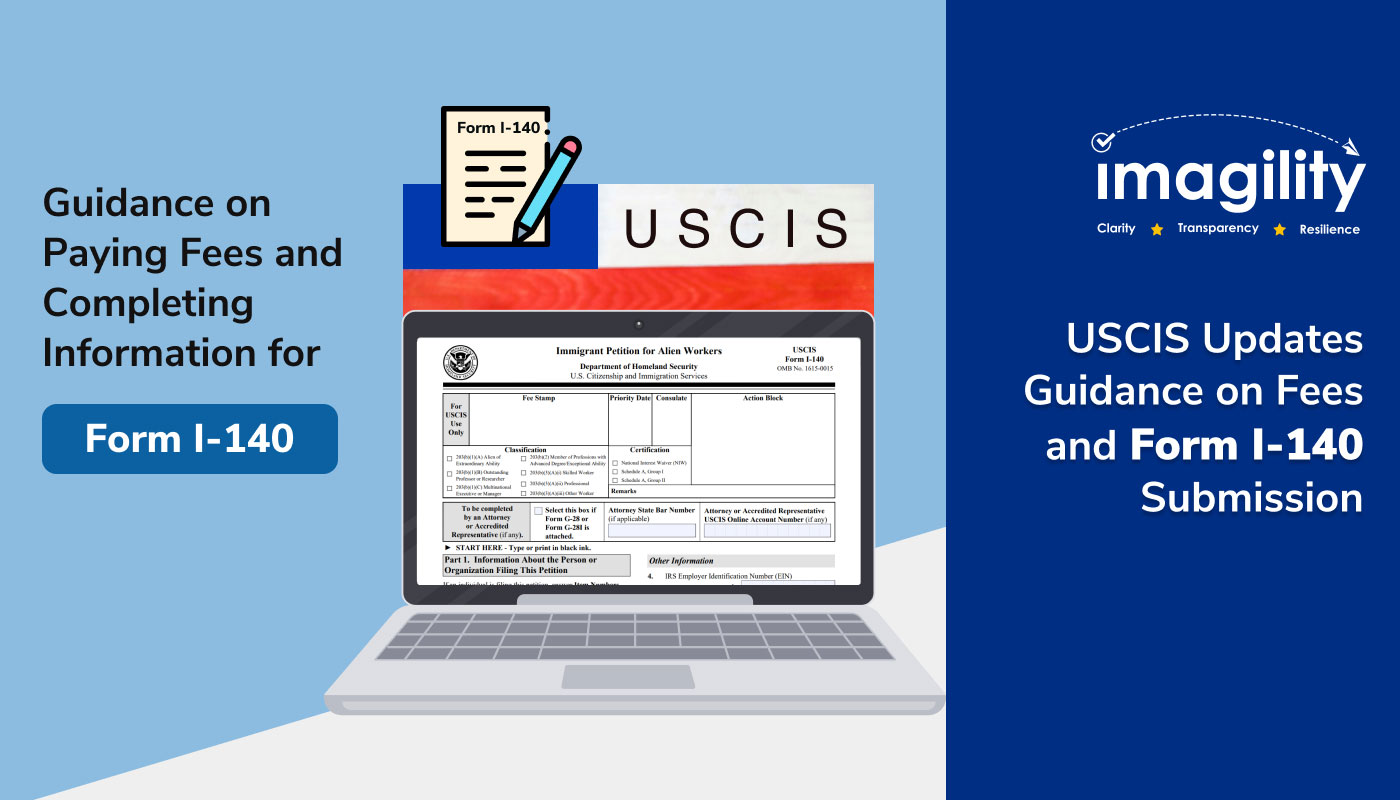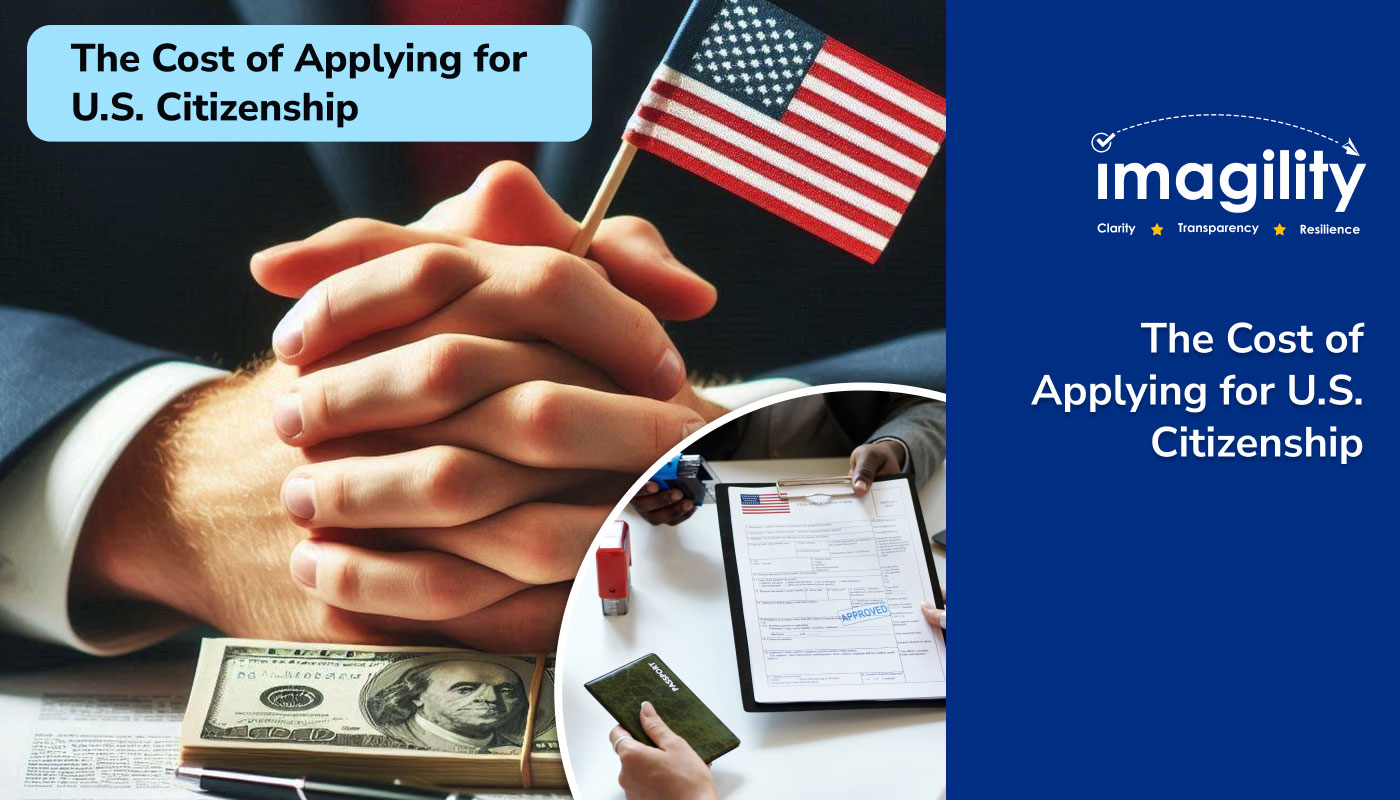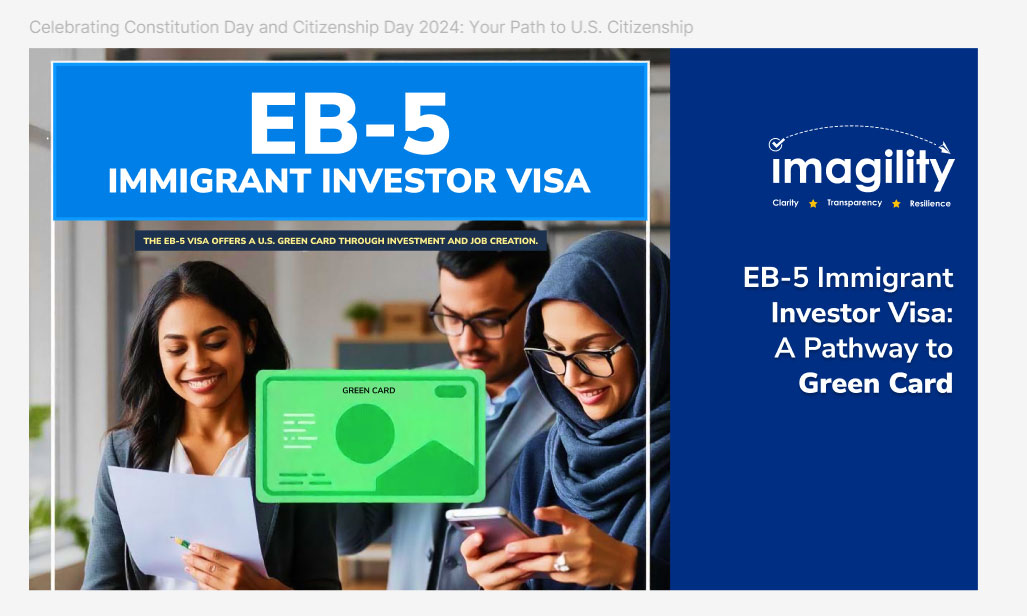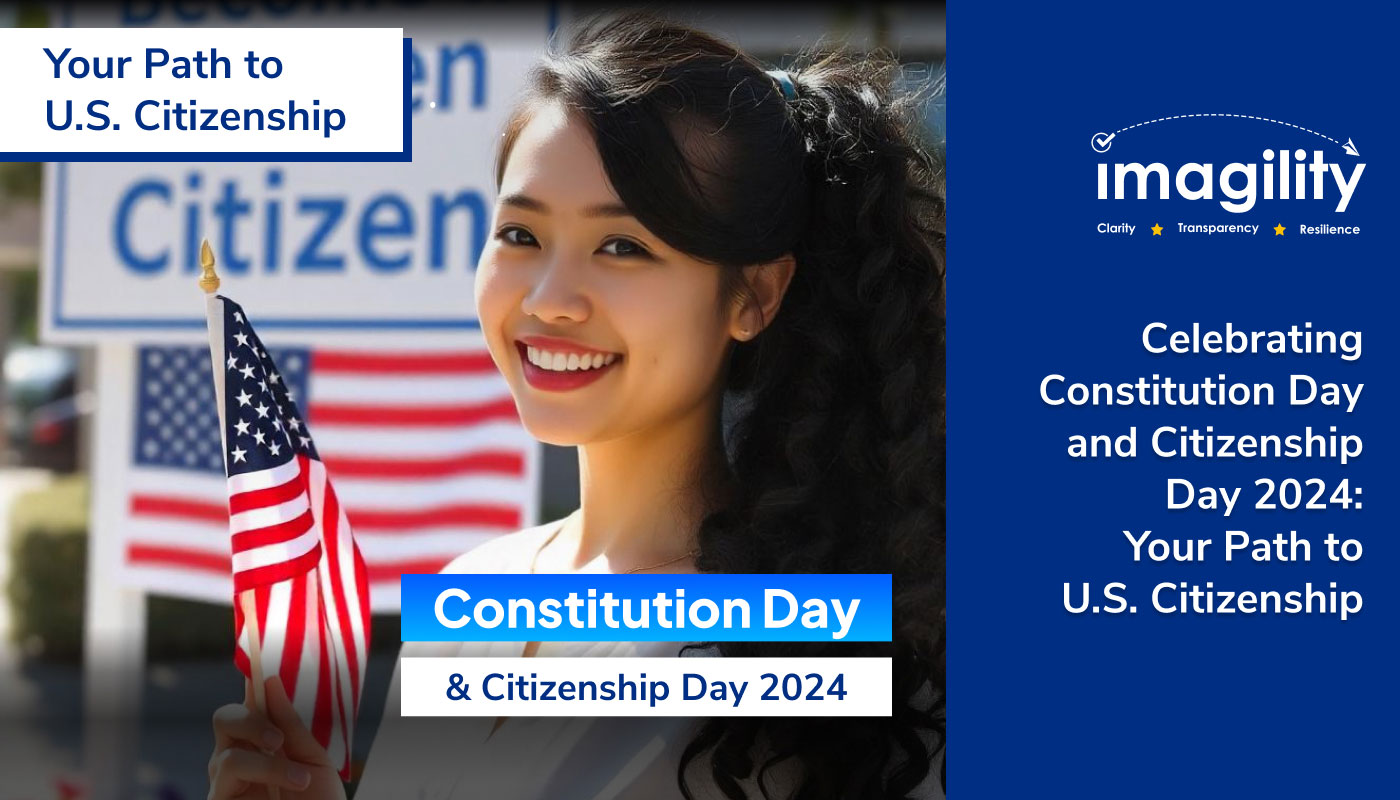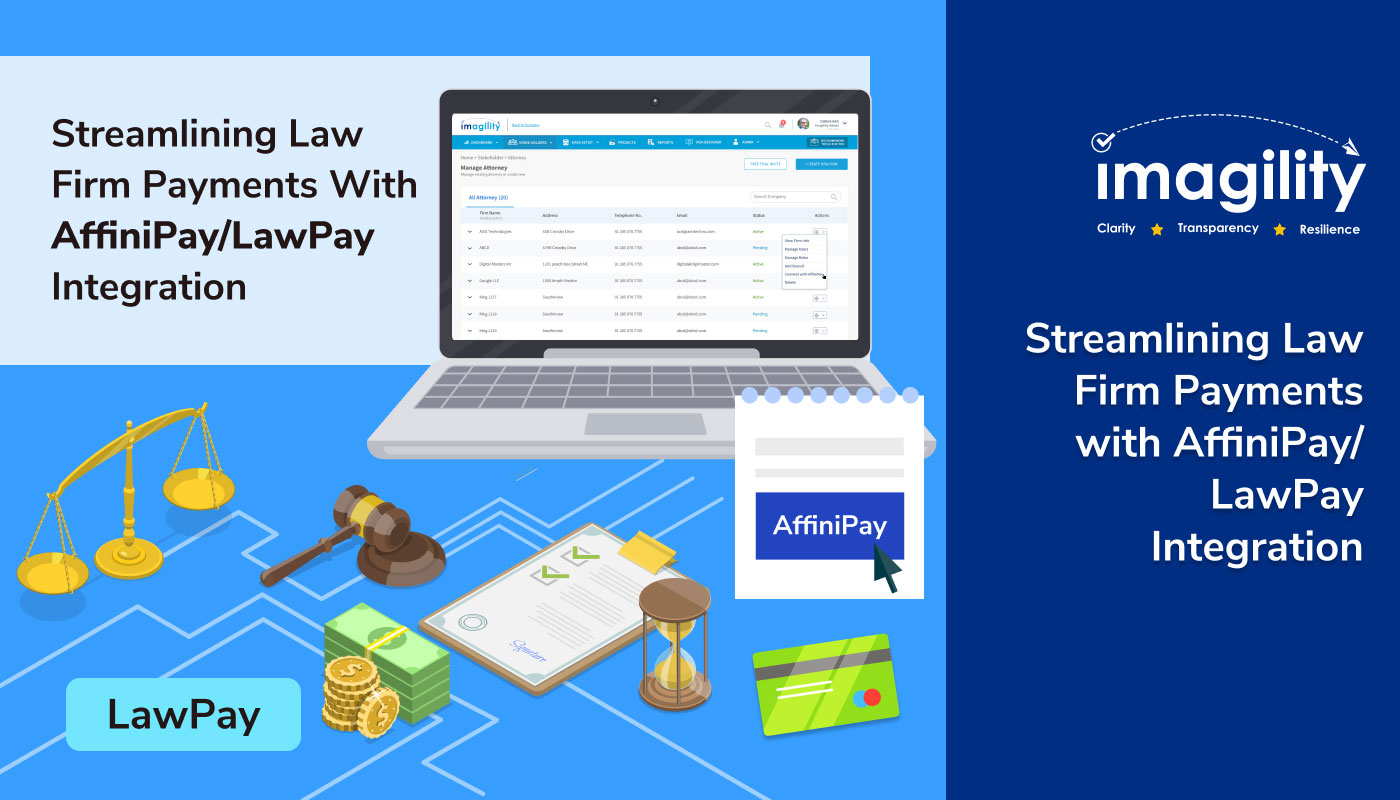Are you planning to migrate to the USA? Are you curious to know what types of immigrant visa options are available for you? Each year thousands of people enter the US for various purposes, either for business, traveling, study, employment, or to see family members, attend media events, etc.
Depending on your purpose for moving, you must choose a suitable visa to enter the US legally. Mainly there are two types of visas, immigrant visas & non-immigrant visas. The immigrant visa is meant for those migrants who want to live in the USA permanently, while a non-immigrant visa is for people who want to live in the USA for a temporary period.
In this blog, we will explore these two immigrant visa types and give you detailed information to help you decide which visa(student/employment/family/tourist) suits your immigration needs.
Different types of US Visas
There are approximately 185 visas that are divided into two main categories: non-immigrant & immigrant. First, we will discuss non-immigrant visa types that temporarily allow individuals to stay in the USA.
Non-immigrant visa
There are several types of non-immigrant visas, including but not limited to B-1/B-2 visitor visas, F-1 student visas, H-1B and H-2B work visas, J-1 exchange visitor visas, and more. Each type of visa has its eligibility requirements, so it’s important to research thoroughly before you settle for one.
- Employment-based visa
If you have an offer from an employer in the United States, you may be eligible for an employment-based visa. These types of visas can allow you to work legally in the US for an extended period. The type of visa you apply for will depend on your skillset and job position. For example, H-1B visas are available to those with highly specialized knowledge or abilities, while H-2B visas are available to those who are experts in the agrarian field and wish to work in the same field.
- Student visa
Student visas are for those looking to study in the United States. You can obtain a student visa if accepted into a college or university certified by SEVP. US Student visa types depend on the length of your program and its purpose.
F-1 visa: If you want to study in the USA, an F-1 visa is the key card to land you there in the USA. You only need to meet specific requirements, like you must be enrolled in SEVP-certified US colleges or institutes for academic courses.
M-1 visa: M-1 via is another student visa that is given to candidates who are willing to pursue non-academic courses in the USA.
- Family visa
Family-based visas are among the most sought after visas by immigrants to reside in the USA. Immediate relatives such as spouses, children, parents, or siblings of U.S. citizens can qualify for immigrant visas under this category. Other relatives such as cousins, nieces, nephews, grandparents, or grandchildren may also be eligible but usually face longer processing times.
When considering family-based visas, it is important to ensure the sponsoring family member meets all the criteria necessary for a successful application. If you are unsure whether or not you qualify for a family-based visa, it is important to contact an experienced immigration lawyer to help guide you through the process.
- B-1/B-2 Visitor Visa
B-1/B-2 is a visitor/tourist visa for people traveling to the US for pleasure, business, medical care, or other purposes. It allows the holder to stay in the US for a short period of six months. To qualify, applicants must show that they have adequate funds to cover their stay and intend to leave the US before the expiration of their visa.
- R-1 Religious Worker Visa
A religious worker visa is for those coming to the US to perform religious duties, such as priests and ministers. It allows the holder to stay in the US for up to a maximum period of 5 years.
- J-1 Exchange Visitor Visa
The J-1 visa is given to individuals who wish to participate in an accredited program for teaching, studying, conducting research, providing consultancy, demonstrating expertise, receiving training, or receiving medical education at a higher level. This visa is typically valid for three weeks and a maximum of 5 years.
- Media and Journalist Visa
A media visa is given to employees who work in the media, press, and radio sectors and seek to travel to the USA temporarily to engage in media-related programs and activities.
The U.S. Department of State website provides information about each type of visa and step-by-step instructions on how to apply.
Immigrant visa
Similar to non-immigrant visas, several immigrant visas are also available that allow a foreign national to reside permanently and work in the United States. They mainly fall under two categories: Relative & Family Sponsored and Employer-Sponsored.
- Relative & Family-Sponsored
Under a relative and family-sponsored visa, you can join your US-based family and stay permanently. They may be anyone, either your parents, spouse, or fiance.
Spouse visas
A spouse visa is given to an individual who is legally married to a citizen of the USA. For that, you must have a marriage certificate. There are two types of spouse visas: CR1 and IR1.
CR1 (conditional resident visa) is given to a foreign spouse who comes on an immigrant visa to the US and has been married for less than two years. For the two years, he will maintain conditional status, not permanent resident status. This is to prevent marriages whose sole purpose is to obtain permanent resident status in the US.
IR1 (immediate resident visa) is given to the spouse who has been married for two years. The spouse will get permanent resident status without the condition of a CR1 visa since he has completed two years of marriage.
Fiance Visa
A fiance visa (K1) is given to the individual engaged to a US citizen. He/she is given 90 days to stay in the US, and during this period, the couple is required to get married and submit a petition to receive a spouse visa.
- Employment Sponsored Visa
Employment-sponsored visas are given to individuals working in the US and meet eligibility requirements.This type of visa is limited in number , with a cap of 1,40,000 per fiscal year. Let’s take a look at different employment-sponsored visas.
Eb-1 Visa: Eb-1 visa is given to professors, researchers with international fame, and people with extraordinary abilities in art, science, business, etc.
Eb-2 visa: Eb-2 visa is given to professionals with a bachelor’s degree and five years of work experience or those with a higher education degree beyond the bachelor’s degree.
Eb-3 visa: Eb-3 visa is given to skilled workers with at least two years of experience who are not seasonal/temporary workers.
Eb-4 visa: Eb-4 visa is given to individuals like religious workers, current/past US government employees, broadcasters in the US, etc.
Eb-5 visa: Eb-5 visa is given to investors who intend to invest $1,000,000 or $500,000 in a high unemployment area in the US.
Explore the world of U.S. work visas with our brochures.
Download now for a comprehensive understanding!
Conclusion
We have covered a wide range of visa types in brief, including work, student, spouse, and fiance visas. We have shed light on non-immigrant visas for a temporary period to immigrant visas for permanent resident status. You can pick any visa type according to your immigration needs. If you need further assistance in deciding which visa type will suit your immigration, you can drop an inquiry at sales@imagility.co.
Reach out to us for a demo today at sales@imagility.co
Call us at +1 603 782 4622/+1 617 865 6588.
For more info, visit us at www.imagility.co
